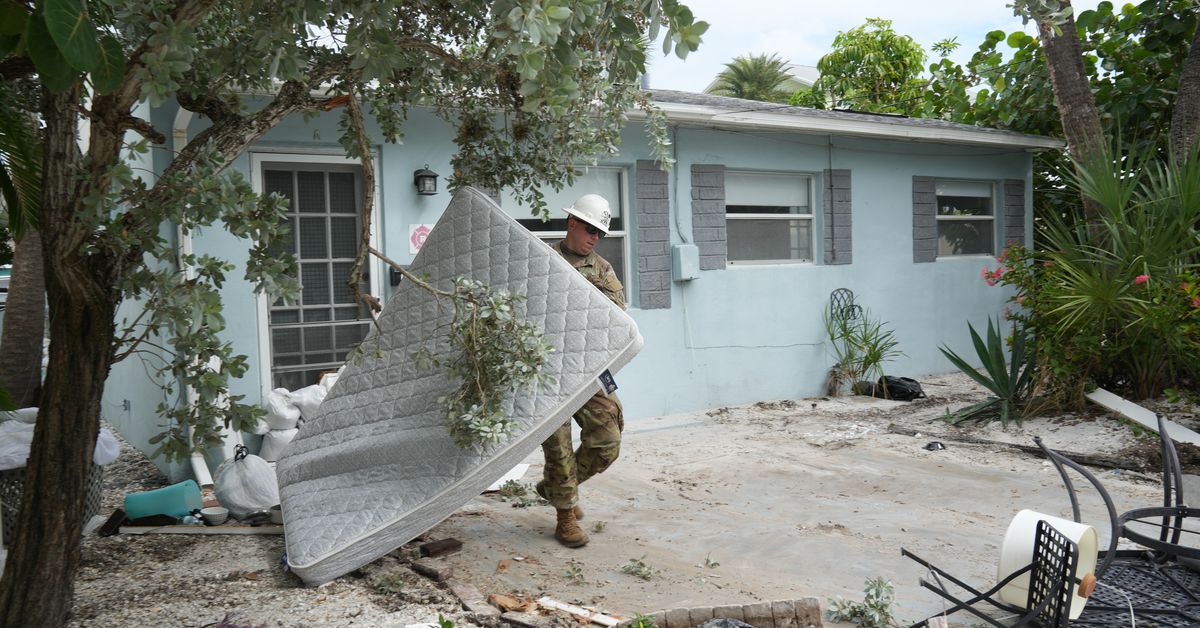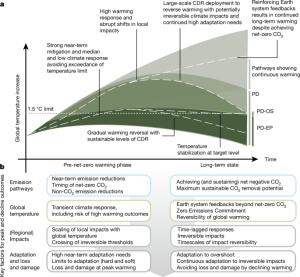
How FEMA tries to stop the rumors of a conspiracy
FEMA and Trump: Rumors, Fact-Checks, Counter Facts, and Answers to Trump’s Clues
FEMA’s rumor response page includes fact-checks to claims made by former President Donald Trump, like the agency will only provide $750 to disaster survivors. FEMA says that only the amount provided quickly through “Serious Needs Assistance” for food and emergency supplies is all that’s needed. Other fact-checks include debunking the false claim that FEMA disaster response resources were diverted to border issues. FEMA says “Disaster Relief Fund money has not been diverted to other, non-disaster related efforts.”
Elon Musk, one of Trump’s most prominent tech backers, has also contributed to the misinformation, according to FEMA officials. Musk said on X last week that FEMA was blocking citizens who tried to help. The acting director for response and recovery at FEMA told ABC that is not true. FEMA does not block anyone from helping or assisting. We do not confiscate supplies and use them for other purposes. In fact, we do the exact opposite.”
The rumors are completely rampant. Willie Nunn told NPR that he hasn’t heard anything impacting the response yet. Nunn is the administrator of FEMA for the Pacific Northwest and Alaska and the tribal nations and he is currently working in Florida to support the recovery efforts from the two hurricanes that hit the area in recent weeks.
A Conversation with Margaret Stewart on Rumor Control: “It’s a Problem, Isn’t It Necessary… Go Back to the Source”
“One of my biggest recommendations to social media consumers is the necessity now to go back to the original source … of the digital information that they’re consuming and to verify the information there before passing it on to the members of their social community,” said Stewart.
“I would say all of FEMA was encouraged to promote folks checking in with that rumor control website,” said Rebecca Rouse, a former FEMA staffer who now teaches emergency and security studies at Tulane University.
Rouse sent the rumor control page out to friends and family, while her contacts have shared it with entire listservs of faith leaders, elected officials and nonprofit workers.
Out of hundreds of major disasters that have been declared since the pandemic, only four have their own rumor control pages: the Texas winter storms of 2021, the New Mexico wildfires of 2022; the Maui wildfires in 2023, and Hurricane Helene.
Margaret Stewart, a professor at the University of North Florida who developed a crisis communication framework that she recommends to both government and businesses, said that improvements to the public media literacy should also be part of the solution.
The year 2012 is when social media started to be important. “The rumor mill for [Hurricane] Sandy was somebody…saying they had sharks in the subway system that flooded and they had a video showing a shark in the subway system.” said Haddow, “Compared to what they’re talking about now.”
People who were watching tv and listening to the radio had heard a thing that wasn’t true but they thought it was troubling. We try to correct it. said Haddow, the former Clinton-era FEMA official, of how the agency responded in the 1990s.
Even though there is a great day, navigating the US recovery system is a challenge. You are harming survivors who really need access to that funding, if you add misinformation on top of that.
“If they have questions, we ask them to call back, either utilizing the 1-800-621-3362 with 3362 spelling FEMA” Nunn said, “if it’s something that someone says, well, they’re going to take your money, are they going to do that land grab? It’s time to call that number. We’ll let you know right away that that’s not true.
FEMA’s actions have been framed as an instrument of a federal government by many baseless stories on social media. The agency is preparing for the upcoming event and the same rumors and narratives are following them.
The rumor that FEMA grants have to be repaid is one that surfaces the most often over the years, said Nunn, who says that the agency runs a hotline to help people figure out their eligibility and register for aid, and that he has personally gone door to door to tell survivors to sign up.
